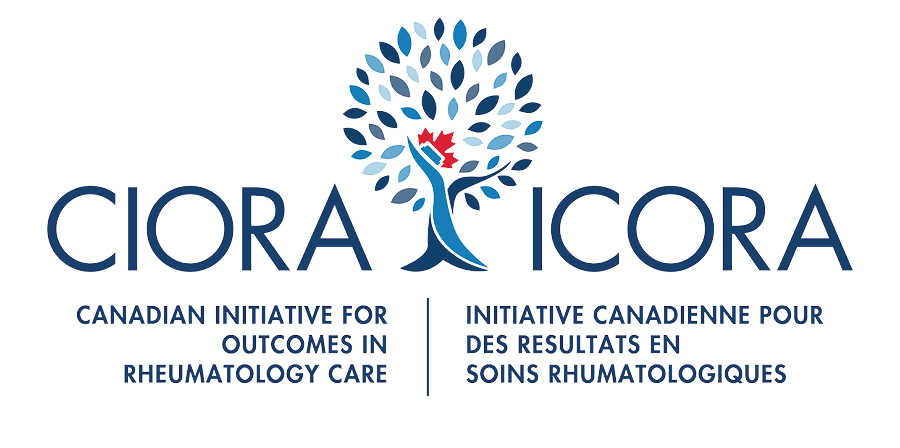Spring 2025 (Volume 35, Number 1)
Improving Triage Accuracy of
Unclear Rheumatology Referrals:
A Quality Improvement
By Stephanie Gottheil, MD, FRCPC; Chiara Gottheil, MSc; and Joe Carson, MScQIPS
Download PDF

Patients with early inflammatory arthritis (EIA) need to be seen urgently to initiate treatment. Our community rheumatology clinic in London, Ontario, was concerned that the assessment of EIA cases was being unnecessarily delayed when referrals lacked sufficient detail to be triaged accurately. In a prior quality improvement project, we redesigned our triage process to include a previously validated patient survey (the EIA Tool) to identify referrals with EIA. In this study, we aimed to evaluate the sensitivity and specificity of the new triage process for referrals with unclear urgency after 12 months of use.
All referrals accepted by one rheumatologist were included from April 2020-July 2022. During the intervention period, we implemented the new triage process. The rheumatologist triaged all referrals as urgent, non-urgent, or unclear. Patients with unclear urgency were asked to complete the EIA Tool prior to being scheduled. Their survey result determined a triage score of urgent or non-urgent, and consultations were then scheduled accordingly. Post-consultation, the rheumatologist determined the ‘true’ urgency score, while blinded to the pre-consultation score. Data were collected prospectively on all incoming referrals. We analyzed the data using descriptive statistics and calculated the sensitivity and specificity of the baseline and new triage processes.
The 16-month baseline period (April 2020 to July 2021) included 1,296 referrals; 647 (50%) were triaged as urgent. The 12-month intervention period (August 2021-July 2022) included 888 referrals; 508 (57%) were triaged as urgent, and 97 (11%) were triaged as unclear. The EIA tool was completed in all unclear cases; 93 patients submitted the survey online, and 4 patients without email access completed the survey by phone. Most patients (86%) completed the survey within one day of receiving it. Unclear cases had a cycle time from referral to scheduling of five days, compared to three days for those who were not sent the EIA tool. The sensitivity to identify urgent cases was 97% during the intervention versus 85% at baseline. The specificity during the intervention was 59% versus 70% at baseline.
The EIA Tool helped us detect 97% of truly urgent cases, thereby reducing the risk of delayed treatment caused by triage error. We have since spread this process to three other rheumatologists in our clinic. Our next step will be to analyze urgent referral volumes and then modify our scheduling algorithm accordingly to ensure that all urgent referrals are prioritized.
Stephanie Gottheil, MD, FRCPC
Rheumatologist, London Rheumatology
Adjunct Professor of Medicine, Western University
London, Ontario
Chiara Gottheil, MSc
Research Associate, London Rheumatology
London, Ontario
Joe Carson, MScQIPS
General Manager, London Rheumatology
London, Ontario
|
